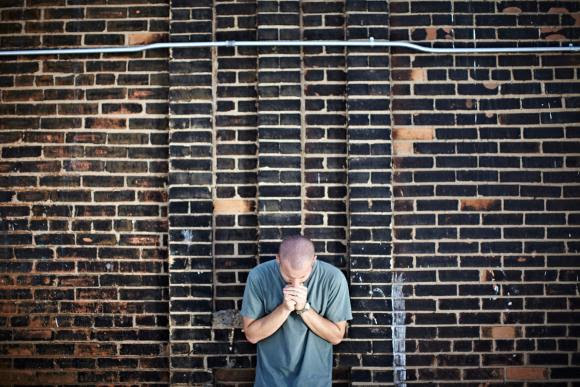Nehemiah’s Plea
Saturday, August 17, 2019
And I asked them concerning the Jews who escaped, who had survived the exile, and concerning Jerusalem. And they said to me, “The remnant there in the province who had survived the exile is in great trouble and shame. The wall of Jerusalem is broken down, and its gates are destroyed by fire.”
As soon as I heard these words I sat down and wept and mourned for days, and I continued fasting and praying before the God of heaven. And I said, “O LORD God of heaven, the great and awesome God who keeps covenant and steadfast love with those who love him and keep his commandments, let your ear be attentive and your eyes open, to hear the prayer of your servant that I now pray before you day and night for the people of Israel your servants, confessing the sins of the people of Israel, which we have sinned against you. Even I and my father’s house have sinned. We have acted very corruptly against you and have not kept the commandments, the statutes, and the rules that you commanded your servant Moses. Remember the word that you commanded your servant Moses, saying, ‘If you are unfaithful, I will scatter you among the peoples, but if you return to me and keep my commandments and do them, though your outcasts are in the uttermost parts of heaven, from there I will gather them and bring them to the place that I have chosen, to make my name dwell there.’ They are your servants and your people, whom you have redeemed by your great power and by your strong hand. O Lord, let your ear be attentive to the prayer of your servant, and to the prayer of your servants who delight to fear your name…” — Nehemiah 1:2b-11 (ESV)

Nehemiah’s example is not only inspiring but it is instructive. Millennia have passed and this historically and culturally informed story is foreign to us to be sure; but there are critical lessons to be culled from this relationship between the human and divine. I offer the following observations:
- Nehemiah’s first response to national calamity could not have been better. His grief revealed his (broken) heart. But what is even less common is that he wisely expressed his mourning to God and did so with a commensurate intensity and sacrificial seriousness.
- A second fascinating facet of this story is that God tasked Nehemiah to be the answer to his own prayers. And why not? His burden was from God and he therefore had all the motivation and resources he needed.
- Thirdly, Nehemiah was willing to address the greatest obstacle to the rebuild; that being the reason the people of God had been battered and scattered to begin with. His prayers of confession–personal and communal–addressed this barrier between God and his people.
Briefly, what might we take away from this ancient text? I think it’s safe to say that as priests and vice-regents under the Lordship of Christ we can begin praying categorically in these two ways:
“Lord have mercy on us”
“Lord, what should I/we do?”
…and believe our Lord will reply.
Don Weiss
Ministry Director, Christian Union at Harvard
Testimonies
What has God done in your life during this fast? Reply to this email with your story. We would love to compile testimonies of how God is at work to encourage others and give God the glory!



